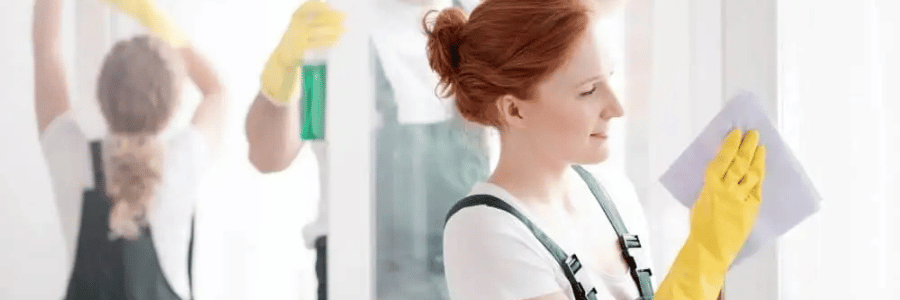Hard water stains on windows can be one of the most frustrating household nuisances. Over time, these stubborn marks can accumulate on your glass, making your windows look dirty and cloudy—even after a fresh wash. The culprit behind these stains is often mineral deposits, such as calcium and magnesium, found in hard water. When the water evaporates, these minerals are left behind, forming the stubborn build-up that’s difficult to remove. But don’t worry—there are effective ways to prevent and eliminate hard water stains, and protect your windows from future build-up. Here’s how:
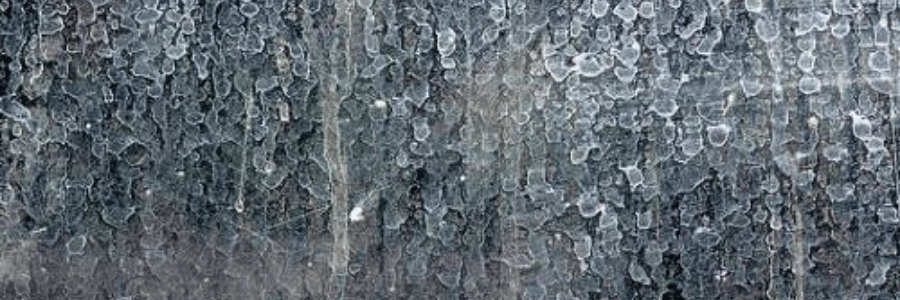
1. Clean Windows Regularly to Prevent Stains
The first and most important step in protecting your windows from hard water stains is regular cleaning. The longer the mineral deposits sit on the glass, the harder they are to remove. By wiping your windows frequently, you can keep these stains from taking hold.
- Use a microfiber cloth or sponge to clean windows, as these materials are less likely to scratch the surface.
- Wash windows on dry days, preferably early in the morning or later in the evening, when the sun isn’t directly heating the glass. Sunlight can cause cleaning solutions to dry too quickly, leaving streaks behind.
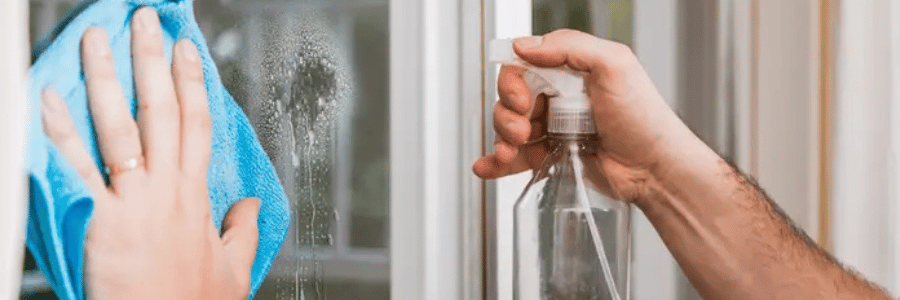
2. Use the Right Cleaning Solutions
To effectively remove and prevent mineral build-up, it’s crucial to use the right type of cleaning solution. Avoid harsh chemicals that may scratch the glass or strip away protective coatings. Instead, try these more natural solutions:
- Vinegar Solution: Vinegar is a powerful natural cleaner that can dissolve mineral deposits. Mix one part distilled white vinegar with one part water in a spray bottle, and apply it to the windows. Let it sit for a few minutes, then scrub with a microfiber cloth or sponge.
- Lemon Juice and Baking Soda: Lemon juice has natural acidic properties that can help break down the minerals. Combine it with baking soda to create a paste, and gently rub it on the stained areas.
Note: Always test your cleaning solution on a small area first to ensure it won’t damage the glass or any coatings.
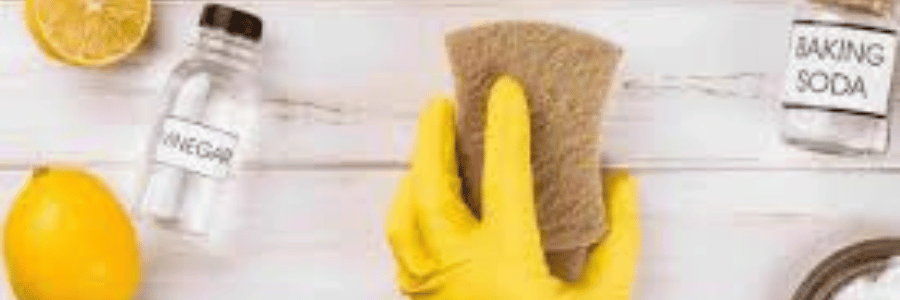
3. Install a Water Softener
If hard water is a persistent problem in your area, installing a water softener for your home is an excellent long-term solution. A water softener works by removing calcium and magnesium ions from the water, replacing them with sodium or potassium ions. This significantly reduces the occurrence of hard water stains on your windows, as well as other surfaces throughout your home.
- Point-of-entry systems soften all the water entering your home, while point-of-use filters can be installed on individual taps or showerheads. Either option will reduce the mineral content in your water, making it less likely to leave stains on your windows.

4. Use a Protective Window Coating
Another way to keep hard water stains at bay is by applying a protective coating to your windows. Water-repellent window treatments, such as hydrophobic or “water-beading” coatings, help prevent water from sticking to the glass surface. When water droplets bead up and roll off, they leave fewer minerals behind.
- Invisible Shield or Nano Coatings: These products create an invisible layer that repels water, similar to how rain beads up on a car’s windshield. Many home improvement stores offer window protection treatments that are designed to withstand the elements and reduce mineral build-up.
- Apply in dry conditions, following the manufacturer’s instructions carefully to ensure proper adhesion and durability.
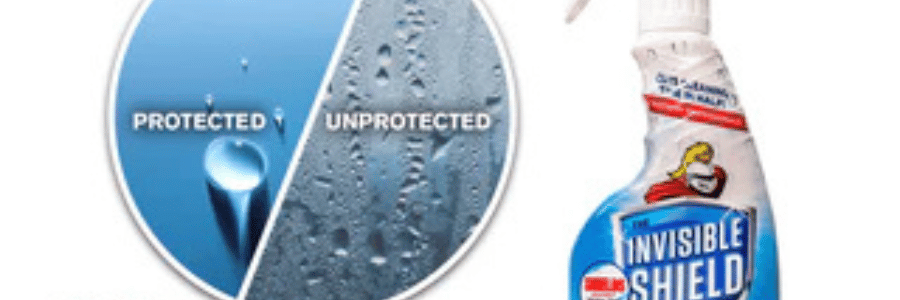
5. Wipe Windows Dry After Cleaning or Rain
If you live in an area where rain is frequent, especially rainwater with high mineral content, it’s a good idea to wipe down your windows after each storm. This prevents the water from drying on the glass and leaving mineral deposits behind. Use a squeegee or microfiber cloth to gently dry the surface.
If your windows are exposed to sprinklers or any other water source regularly, be sure to wipe them down afterward to prevent build-up.
6. Address Sprinkler Systems
If your windows are regularly splashed with hard water from a nearby sprinkler system, it’s time to make some adjustments. Sprinklers can be a major contributor to hard water stains, as the water tends to evaporate and leave behind a thick residue.
- Install a sprinkler timer to ensure water isn’t spraying directly onto your windows.
- Direct sprinklers away from windows or install a barrier like a low hedge or screen to minimize splashing.
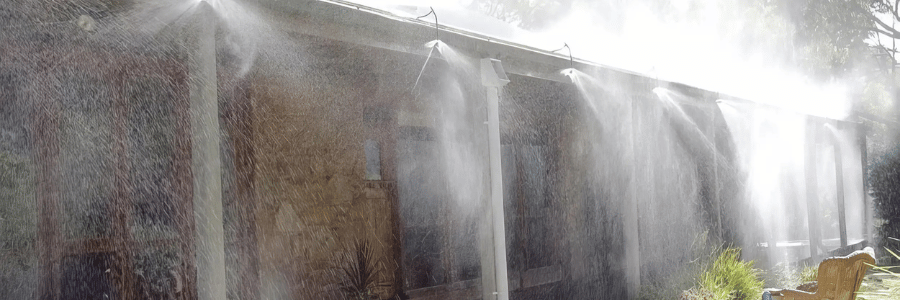
7. Remove Hard Water Stains Immediately
If you notice hard water stains starting to form, tackle them as soon as possible. The longer you wait, the harder they will be to remove. For minor stains, a vinegar solution or a dedicated hard water cleaner will often do the trick.
For more stubborn stains, you may need to use a commercial mineral deposit remover, which is designed to break down mineral build-up without damaging the glass. Follow the instructions on the product carefully, and always wear gloves to protect your skin from harsh chemicals.
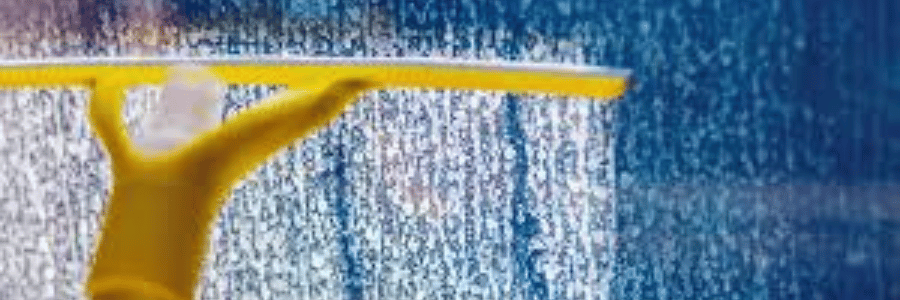
8. Professional Cleaning Services
If your windows are covered in persistent hard water stains that just won’t come off, you may want to consider professional window cleaning services. They have the expertise and equipment to handle tough stains and provide treatments that can protect your windows for the long term. A professional cleaning will also help preserve the integrity of your windows and any coatings they may have.
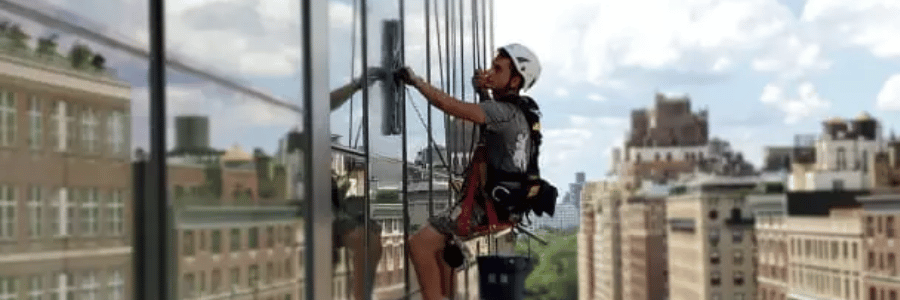
Final Thoughts
Hard water stains can be an eyesore, but with regular maintenance and a few preventive measures, you can keep your windows crystal-clear and free from mineral build-up. Whether it’s installing a water softener, using vinegar to remove stains, or applying a protective coating, there are plenty of ways to protect your windows from hard water damage. With a little effort, your windows will stay sparkling clean for longer, allowing more natural light to flood into your home.

